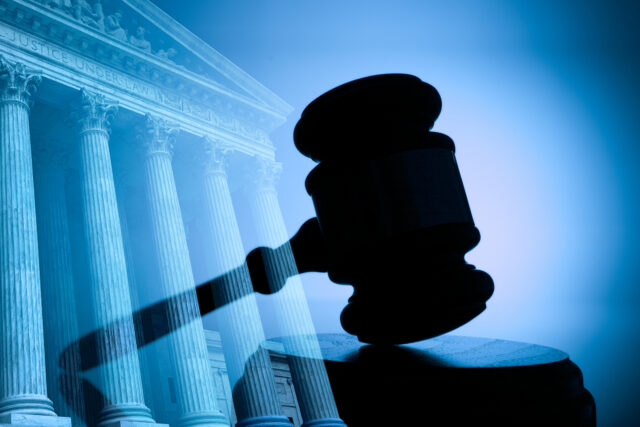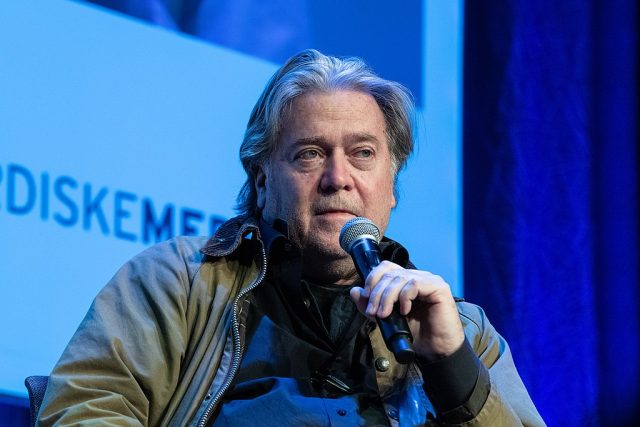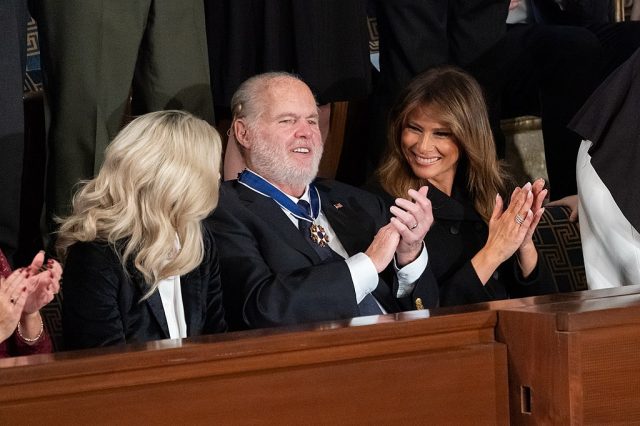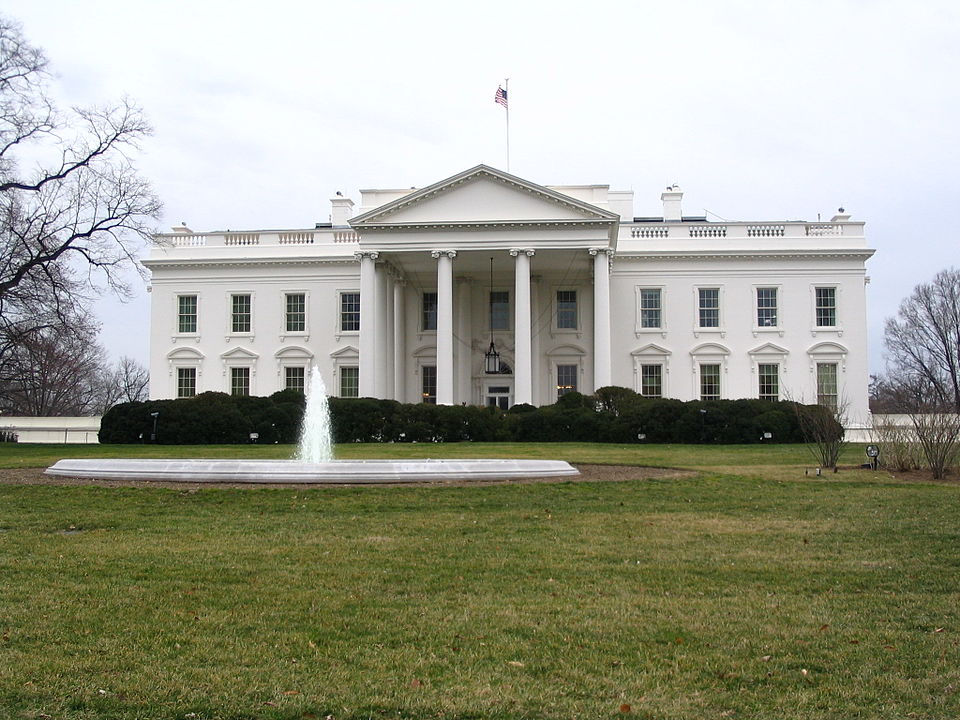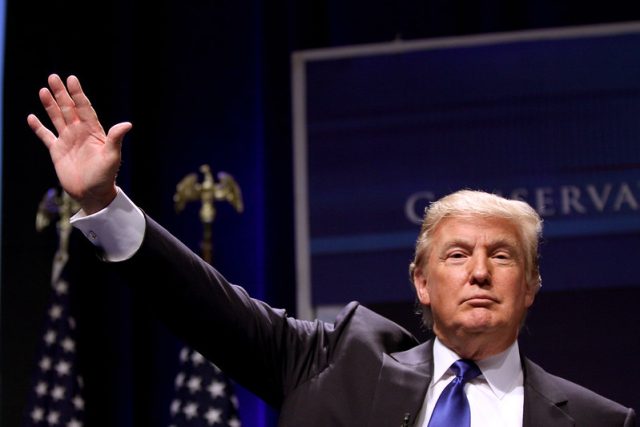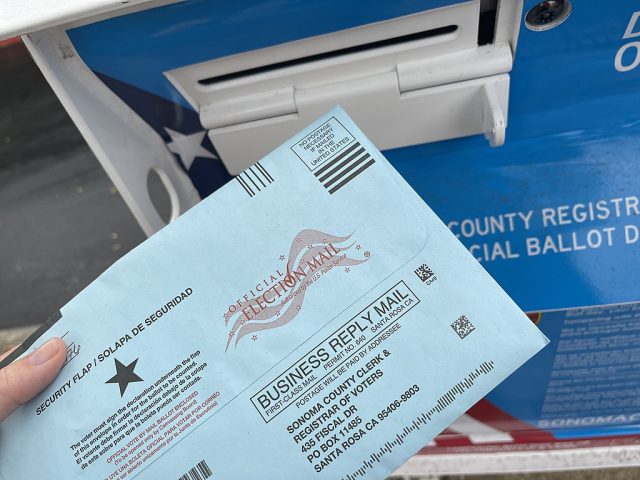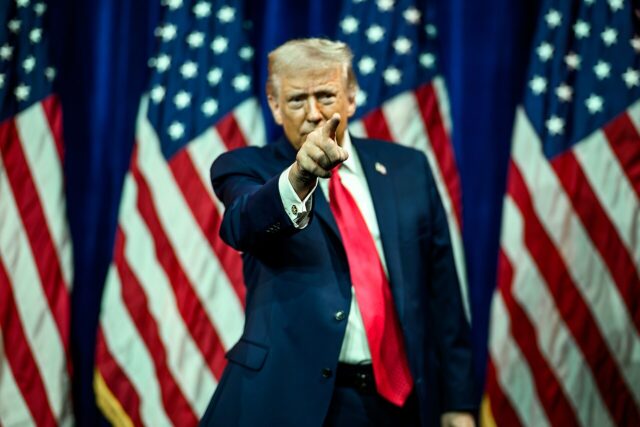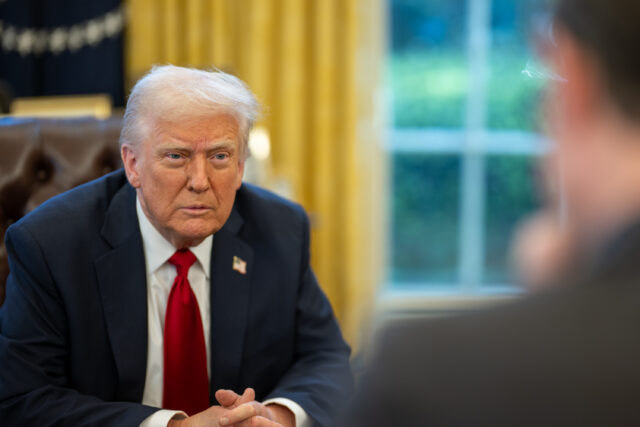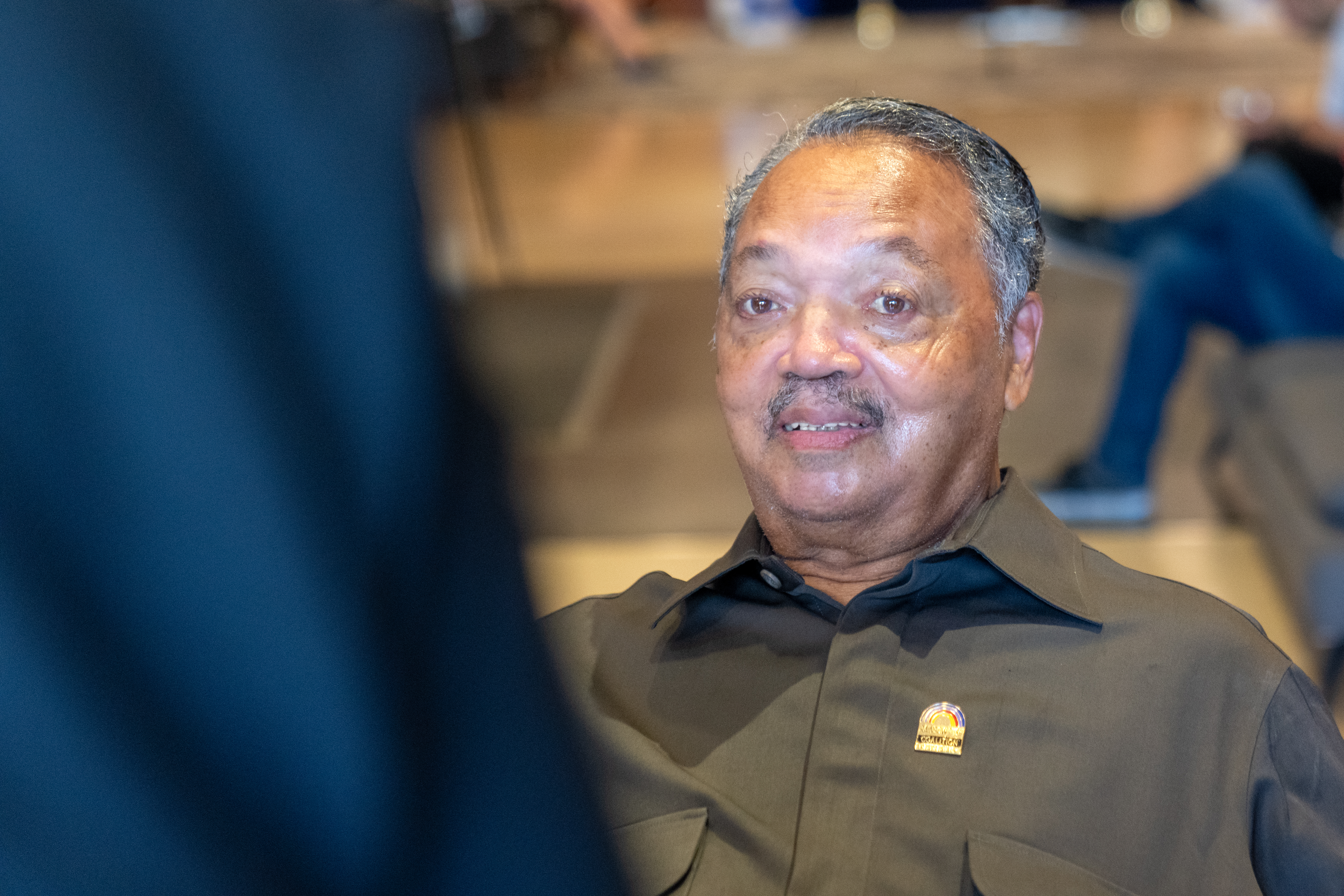Supreme Court Rules On Trump Tariffs
The Supreme Court on Friday delivered a significant blow to President Donald Trump’s trade agenda, ruling that he cannot use a national emergency law to impose sweeping tariffs on most U.S. trading partners without clearer authorization from Congress.
In a 6–3 decision, the justices struck down Trump’s so-called “Liberation Day” tariffs, which included a 10% global import duty and higher “reciprocal” tariffs targeting certain nations. Trump has argued the policy was essential to protecting American industry and described it as “life or death” for the U.S. economy.
At the center of the case was Trump’s use of the International Emergency Economic Powers Act (IEEPA), a statute designed to give presidents broad authority to respond to “unusual and extraordinary threats” after declaring a national emergency.
In April, Trump declared the nation’s growing trade deficit a “national emergency,” and his administration cited that declaration as the legal foundation for imposing the tariffs.
Supporters of the policy argued the tariffs were necessary to counter unfair foreign trade practices and to defend American workers from decades of global economic imbalance. However, the Supreme Court ruled that IEEPA does not provide the president with unilateral power to impose tariffs on such a broad scale.
While the law allows presidents to “regulate…importation” during emergencies, it does not explicitly mention tariffs — a key point raised repeatedly during oral arguments held in November.
Several justices, including some appointed by Trump, questioned whether Congress intended IEEPA to serve as a tool for taxation-like powers, traditionally reserved for lawmakers.
Administration lawyers argued that regulating imports through tariffs is effectively the same as other emergency economic actions such as sanctions or embargoes. But the Court appeared unconvinced that the statute provides sufficient guardrails for such a sweeping policy.
The Supreme Court took up the case after multiple lower courts blocked the tariffs.
Earlier this year, the U.S. Court of International Trade ruled unanimously that Trump does not have “unbounded authority” under emergency law to impose tariffs. The U.S. Court of Appeals for the Federal Circuit upheld that decision, pressing the administration on why Trump relied on IEEPA rather than more specific tariff statutes passed by Congress.
Those laws typically include limits, timelines, and congressional oversight — restrictions the administration sought to bypass through emergency authority.
The Justice Department urged the Court to allow the tariffs to remain in place, warning that denying tariff authority under IEEPA could leave the United States vulnerable to foreign retaliation and without “effective defenses” in global trade disputes.
Trump has long maintained that persistent trade deficits represent a serious economic threat and that strong executive action is necessary when Congress fails to respond quickly.
The ruling represents not only a setback for Trump’s trade strategy but also a major decision defining the limits of presidential power in economic emergencies.


